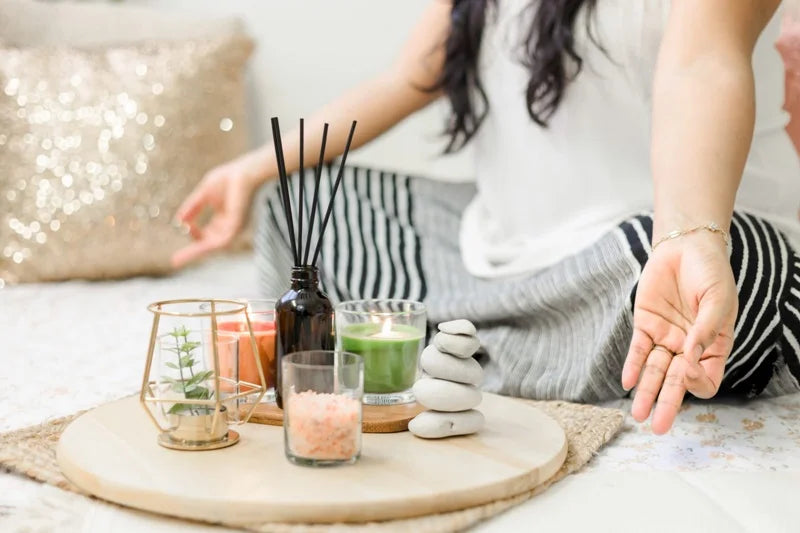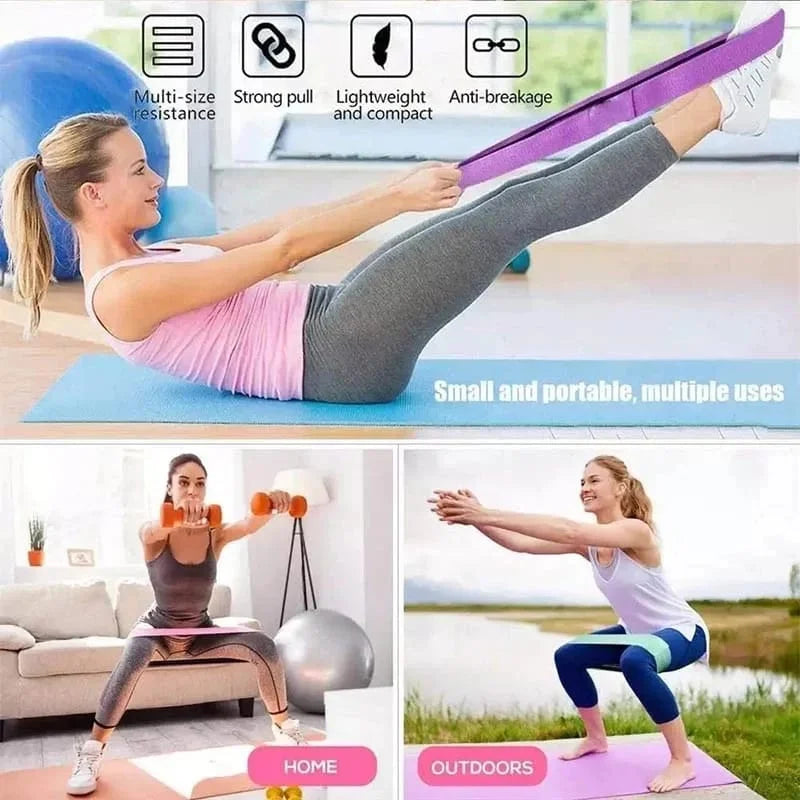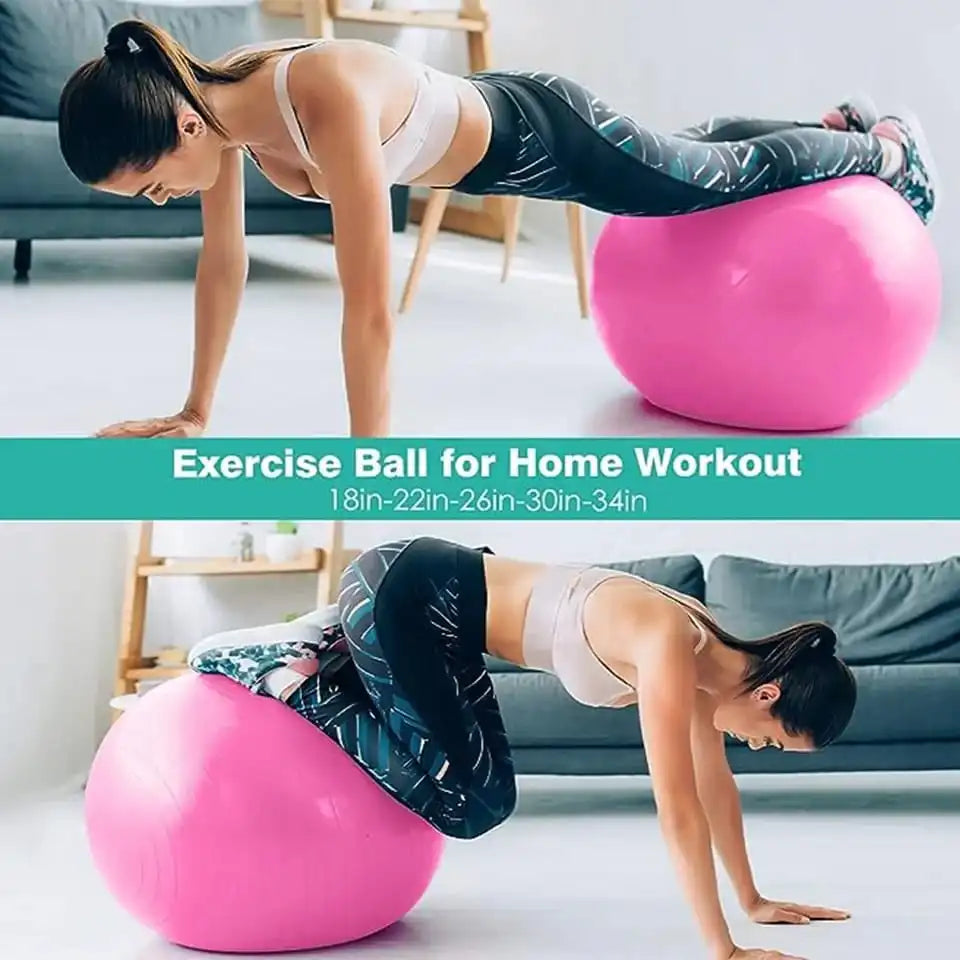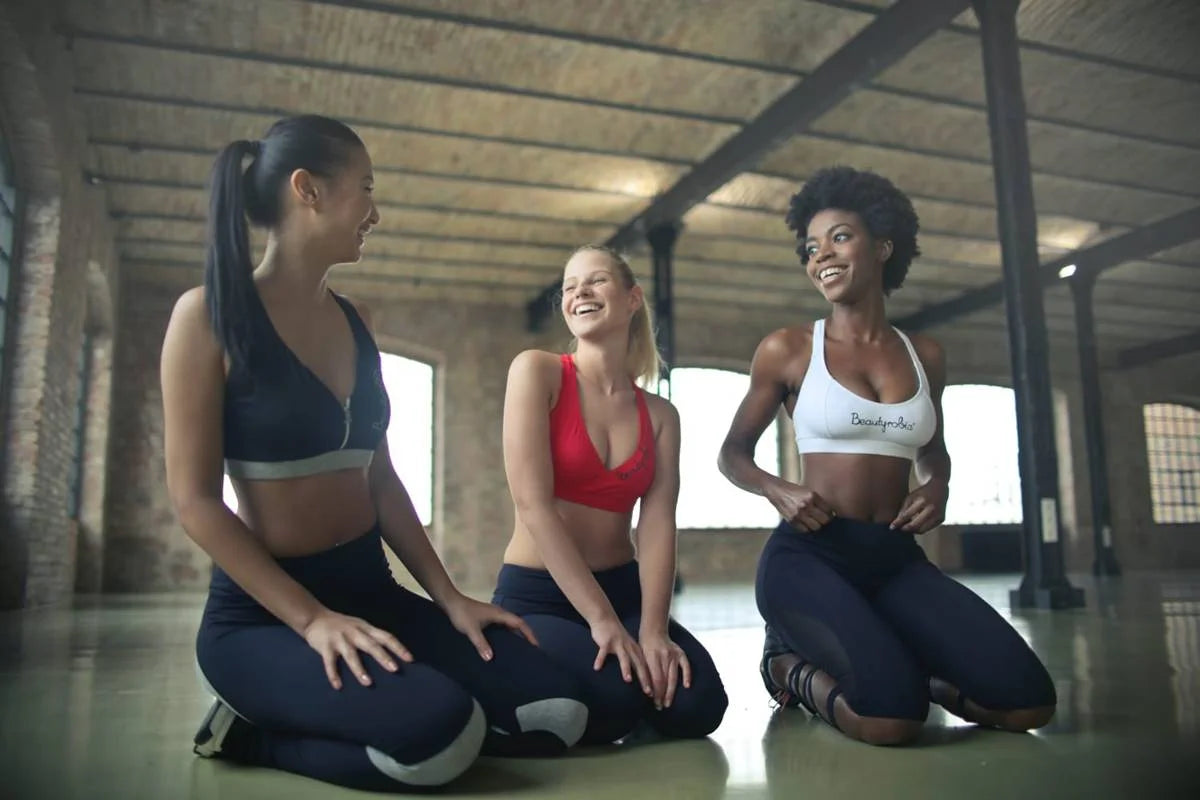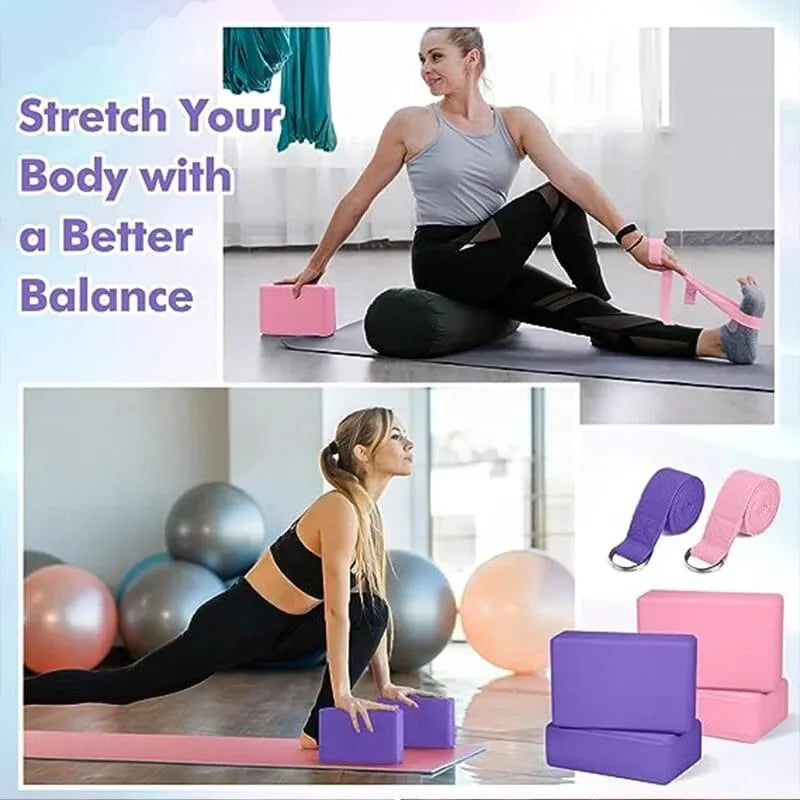Workout Mats for Home
Choosing the right workout mat for your home depends on your specific needs, preferences, and the types of exercises you'll be doing. Here are some factors to consider when selecting a workout mat for home use:
-
Thickness: Workout mats come in various thicknesses, typically ranging from 1/8 inch to 1/2 inch or more. Thicker mats offer more cushioning and support, which can be beneficial for exercises that involve impact or pressure on the joints, such as yoga, Pilates, or bodyweight exercises. Thinner mats are more portable and suitable for exercises where firm support is preferred, such as strength training or high-intensity interval workouts.
-
Material: Workout mats are commonly made from PVC (vinyl), rubber, foam, or eco-friendly materials like natural rubber or TPE (Thermoplastic Elastomer). Consider the material's durability, grip, and eco-friendliness when making your selection. PVC mats are durable and affordable but may contain harmful chemicals. Rubber mats offer excellent grip and durability but may have a rubber smell. Foam mats are lightweight and affordable but may compress over time.
-
Size: Choose a mat size that accommodates your body and the space available in your home workout area. Standard yoga mats are typically around 68-72 inches long and 24-26 inches wide, but longer and wider options are available for taller individuals or those who prefer more space. Consider the thickness of the mat when selecting the size to ensure it fits comfortably in your workout space.
-
Texture and Grip: Look for a mat with a non-slip texture or surface to provide traction and stability during your workouts. Mats with textured or sticky surfaces help prevent slipping and sliding, especially during yoga, Pilates, or dynamic exercises. Test the grip of the mat with bare feet or hands to ensure it feels secure and stable during movement.
-
Portability and Storage: If you plan to travel with your mat or need to store it in a small space, consider its portability and storage options. Choose a lightweight and compact mat that can be easily rolled up, folded, or stored when not in use. Some mats come with carrying straps or bags for convenient transportation.
-
Cleaning and Maintenance: Look for a mat that is easy to clean and maintain, especially if you'll be using it regularly. Consider mats that are waterproof, sweat-resistant, and antimicrobial to prevent odor and bacteria buildup. Follow the manufacturer's recommendations for cleaning and care to prolong the life of your mat.
-
Budget: Set a budget for your workout mat and choose options that fit within your price range while meeting your quality and performance requirements. Quality mats are available at various price points, so consider investing in a durable and long-lasting mat that will provide reliable support for your home workouts.
Ultimately, the best workout mat for your home is one that meets your needs, enhances your comfort and safety during exercise, and inspires you to stay active and motivated on your fitness journey. Take the time to research and compare different options before making your purchase, and consider trying out mats in person to find the perfect fit for your home workout space.



